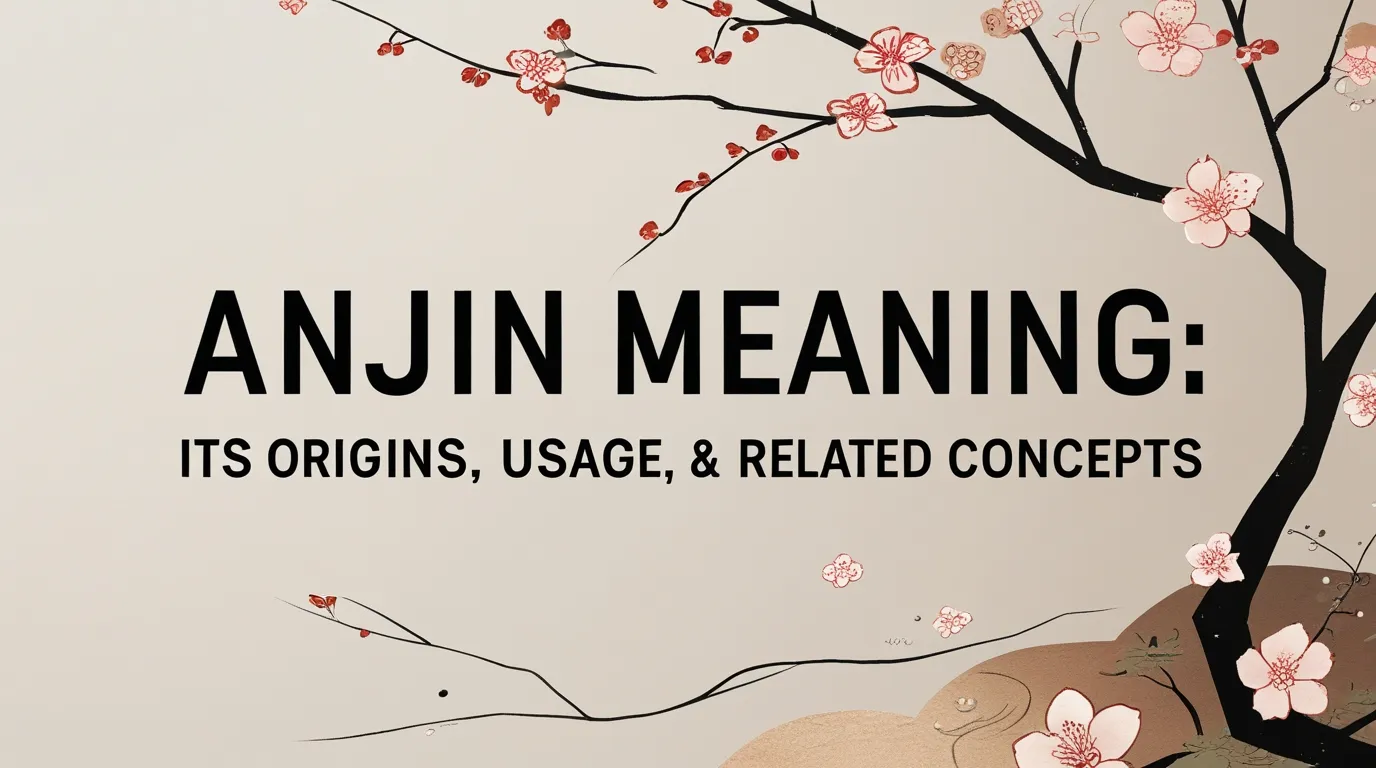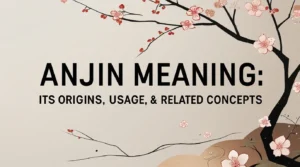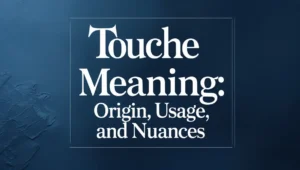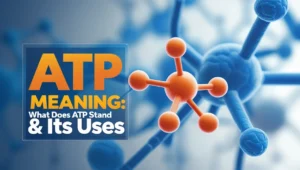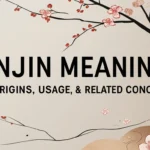The Japanese word “Anjin” may seem straightforward, but it carries with it a layered story—rich in history, language, and emotional depth. In 2025, the term continues to intrigue those interested in Japanese culture, linguistics, and historical figures. Whether you’re studying the language, diving into anime or samurai history, or simply curious about unique Japanese expressions, understanding the Anjin meaning, its origins, and modern-day usage opens a window into both the past and the present.
What Does “Anjin” Mean?
The meaning of Anjin changes depending on the context—and even the kanji used to write it.
When written as 安心, “Anjin” (or more commonly pronounced as Anshin) means peace of mind, mental relief, or a sense of calm. It’s a common word in modern Japanese used to express emotional safety and inner comfort.
On the other hand, when written as 按針, “Anjin” refers to a navigator or pilot, especially of ships. This meaning is largely historical and is most famously tied to William Adams, an Englishman who became a samurai in Japan and was given the name Miura Anjin.
So, “Anjin” can represent both an emotional state and a profession, depending on the kanji and the context in which it’s used.
The Origins of the Word “Anjin”
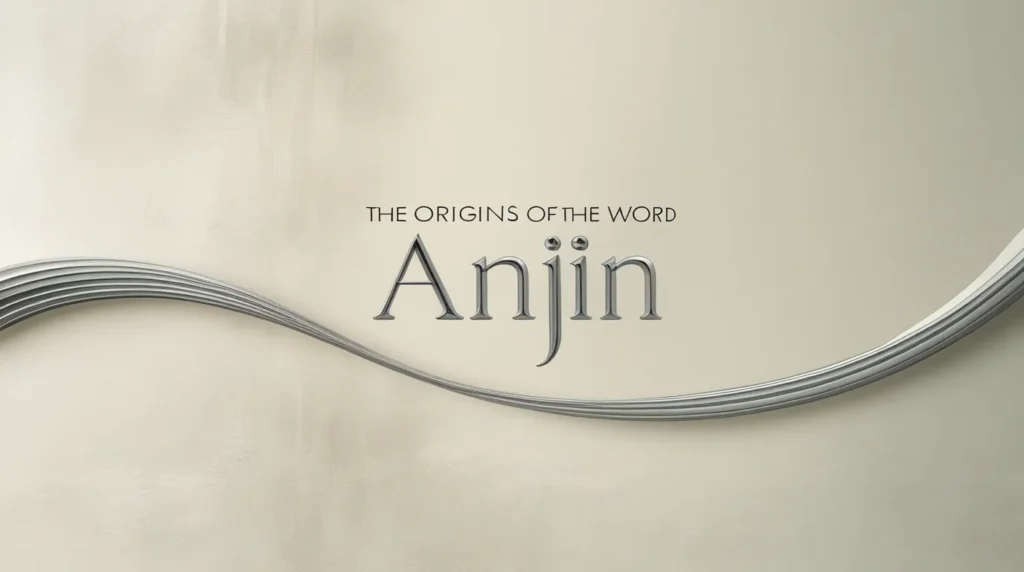
The origin of “Anjin” is rooted in classical Japanese and Chinese character construction. The term uses kanji that reflect control and direction.
When broken down, “An” can mean “to press” or “to guide,” and “Jin” or “Shin” often means “needle,” as in a compass needle. Together, in the historical form 按針, the word suggests someone who guides direction—making perfect sense for a navigator or helmsman.
In its emotional sense (安心), “An” means “peace” or “calm,” and “Shin” refers to the heart or mind. This reinforces the interpretation of emotional safety or relief—an inner stillness, often associated with Japanese and Zen philosophies.
Historical Usage of “Anjin” in Japan
“Anjin” rose to prominence during the Edo period when Japan was starting to interact—cautiously—with foreign traders and explorers. A significant figure in this era was William Adams, an English navigator who arrived in Japan in the early 1600s. He became a trusted advisor to Tokugawa Ieyasu, Japan’s shogun at the time, and was given the name Miura Anjin—“Anjin” denoting his role as a skilled navigator.
This historical significance cemented the word’s association with maritime expertise and cross-cultural exchange. The legacy of William Adams as Miura Anjin has since been commemorated in books, television shows, and even tourism campaigns in Japan, especially in Yokosuka City where he lived.
Modern Usage of “Anjin” in 2025
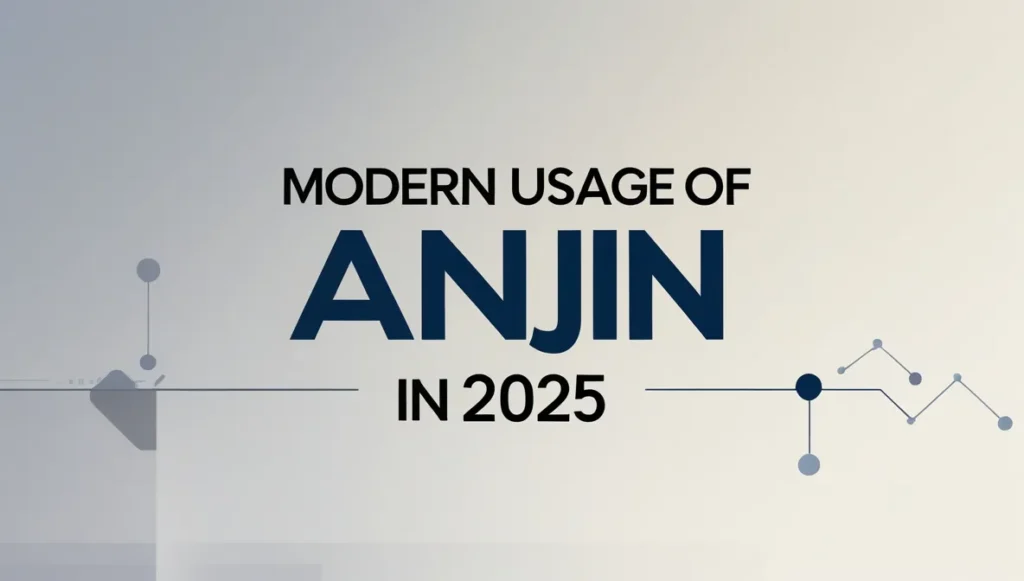
In today’s world, especially in 2025, the use of “Anjin” is more common in its emotional form, often pronounced and written as “Anshin”.
Here are a few examples of how the word appears in daily Japanese life:
- After a stressful day, someone might say, “Anshin shita,” meaning “I feel relieved.”
- Customer service frequently uses the phrase “Anshin shite kudasai,” which means “Please don’t worry” or “Rest assured.”
- In healthcare or wellness spaces, the term is used to promise a safe and calming experience.
Beyond daily language, “Anjin” appears in:
- Anime and manga, where characters talk about achieving peace of mind or navigating personal challenges.
- Zen teachings, where the term symbolizes mental stillness and clarity.
- Historical novels and period dramas, especially ones inspired by James Clavell’s “Shōgun,” where Miura Anjin plays a central role.
Cultural and Conceptual Relatives of “Anjin”
To better grasp the full depth of “Anjin,” it helps to consider related Japanese words and ideas.
Anshin – This is the modern usage of the same characters as Anjin in its peaceful form. It’s a way to express mental and emotional relief.
Zanshin – Another Zen term, meaning “lingering awareness.” It’s often used in martial arts and describes a calm alertness that continues even after an action is completed.
Kokoro – A core Japanese word that encompasses heart, mind, and spirit. It’s deeply connected to concepts of emotional state and well-being, much like Anjin in its 安心 form.
Shōgun – While not linguistically connected, the concept ties historically with Miura Anjin, who served one of Japan’s most powerful shoguns.
Kaizoku – The Japanese word for “pirate,” which contrasts with “Anjin,” the navigator or guide. It’s often explored in fiction to show the difference between chaos and leadership.
Why “Anjin” Still Matters in 2025

In 2025, we’re living in an age where people seek both emotional clarity and cultural depth. The term “Anjin” offers both. As a word, it stands at a unique crossroad:
- It symbolizes internal peace in a world full of digital noise and distractions.
- It represents direction and guidance, reminding us of the value of having someone—or something—to steer us through uncertain times.
- It embodies historical storytelling, making it a perfect anchor for literature, media, and education.
Understanding “Anjin” isn’t just about translating a word—it’s about appreciating the layers of meaning behind it and seeing how it continues to evolve with us.
Unique FAQs About “Anjin” (2025)
1. What is the most common meaning of “Anjin” in modern Japanese? In daily life, it’s used as “Anshin” (安心), meaning peace of mind or emotional relief.
2. Was “Anjin” a real historical title? Yes, especially in the Edo period, it referred to ship navigators. William Adams, an Englishman, held the title Miura Anjin.
3. How is “Anjin” used in anime or pop culture? It’s often mentioned when a character seeks or expresses relief, calm, or mental clarity—either directly or symbolically.
4. Can I use “Anjin” to describe someone today? Not typically. While “Anshin” is widely used, calling someone an “Anjin” in the navigator sense would sound very old-fashioned or poetic.
5. Is “Anjin” related to Zen or spirituality? In its 安心 form, yes. It is often used in Zen texts and teachings to reflect a state of peace and stillness within.
Conclusion: Anjin – A Word That Guides and Calms
“Anjin” is more than just a Japanese word—it’s a concept that spans emotions, professions, history, and culture. In its emotional sense, it gives us language to express relief and stillness. In its historical sense, it reminds us of cross-cultural navigation and the early global explorers.As you explore the Japanese language or dive into historical stories, “Anjin” stands out as a timeless term that continues to resonate in 2025. Whether you’re seeking peace of mind or learning from the past, this word—like a navigator—can help guide your journey.

